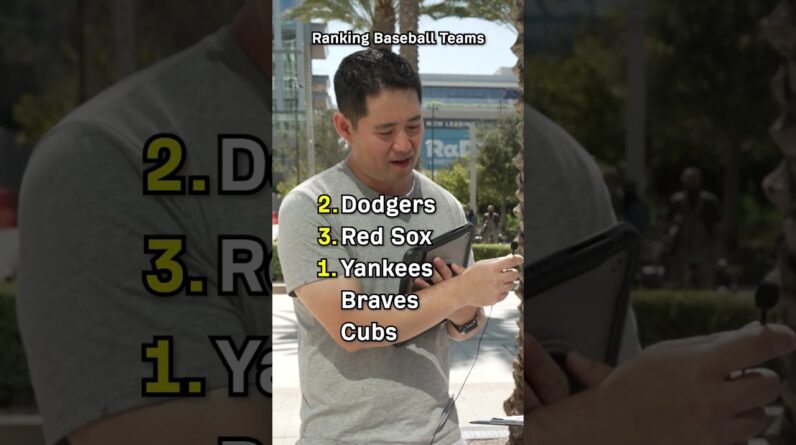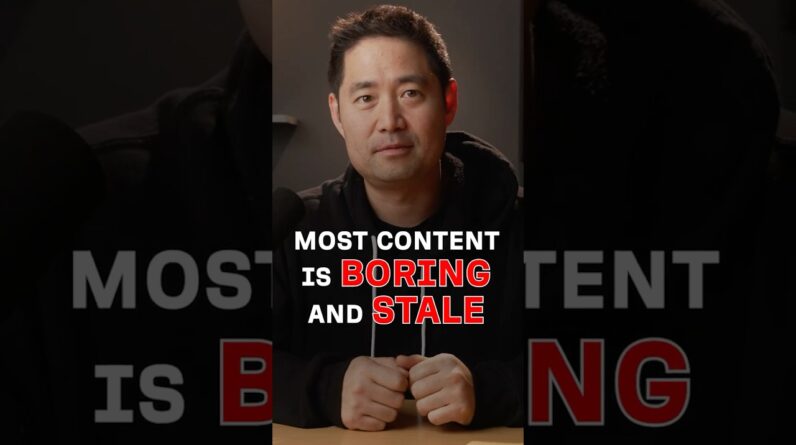
As I delve into the realm of SEO, I have come across a crucial topic that often raises concerns among website owners and digital marketers – Keyword Cannibalization and its relationship with Search Intent. In this blog post, I aim to shed light on what these terms mean, why they matter, and what you need to know to navigate through them effectively. Let’s explore the intricacies of Keyword Cannibalization and Search Intent together!
Introduction
Hey there, folks! Today, I’m diving into the exciting world of SEO to shed some light on a critical aspect – keyword cannibalization and search intent. So grab a cup of coffee, sit back, and let’s unravel the mysteries behind these essential SEO concepts.
What is Keyword Cannibalization?
Alright, let’s kick things off with a quick rundown on what keyword cannibalization is all about. Essentially, it refers to a situation where multiple pages or posts on a website are targeting the same keyword or key phrase. As a result, search engines get confused about which page to rank for that particular keyword, leading to a drop in rankings and traffic.
Some key points to remember about keyword cannibalization:
- It can dilute the authority of a website.
- It confuses search engines about the most relevant page to display.
- It leads to internal competition within the site.
Understanding Search Intent
Now, let’s shift our focus to another fundamental aspect of SEO – understanding search intent. Search intent is the ultimate goal behind a user’s search query. Whether they are looking for information, wanting to make a purchase, or seeking reviews, deciphering search intent is crucial for tailoring your content to meet users’ needs effectively.
How search intent influences SEO strategies:
- Determines the type of content users are searching for.
- Helps in creating relevant and valuable content.
- Guides keyword selection and optimization.
The Impact of Keyword Cannibalization on SEO
Keyword cannibalization can wreak havoc on your SEO efforts. It not only confuses search engines but also hinders website traffic and ranking potential. Imagine putting your heart and soul into creating fantastic content, only to have it buried beneath the confusion of cannibalized keywords. It’s a nightmare no digital marketer wants to face!
Ensuring SEO success by identifying and resolving keyword cannibalization:
- Conduct a thorough keyword analysis to identify conflicting keywords.
- Consolidate similar content or differentiate them based on search intent.
- Implement redirects or canonical tags where necessary.
Aligning Keywords with Search Intent for SEO Success
To stand out in the competitive world of SEO, aligning your keywords with search intent is paramount. By ensuring that your content matches what users are searching for, you increase the chances of ranking higher in search engine results pages (SERPs) and attracting relevant traffic to your site.
Tips for improving SEO performance through search intent alignment:
- Create content that directly addresses user needs and queries.
- Use long-tail keywords to target specific search intents.
- Monitor and analyze user engagement metrics to refine your keyword strategies.
Highlighting the Importance of Search Intent in SEO Efforts
In my video, I delve deeper into the significance of considering search intent in your SEO endeavors. By understanding why users are searching for specific keywords, you can tailor your content to meet their expectations and enhance your SEO performance.
Conclusion
As we wrap up our journey through the realms of keyword cannibalization and search intent, remember that SEO success lies in aligning your keyword strategies with user search intent. By avoiding the pitfalls of keyword cannibalization and focusing on delivering valuable, intent-based content, you pave the way for improved rankings, increased traffic, and a stronger online presence.
FAQs
- How does keyword cannibalization impact SEO performance?
- What are the consequences of ignoring search intent in keyword optimization?
- Can keyword cannibalization be resolved without affecting existing rankings?
- Why is it essential to align keywords with search intent for successful SEO strategies?
- How can I identify potential keyword cannibalization issues on my website?





